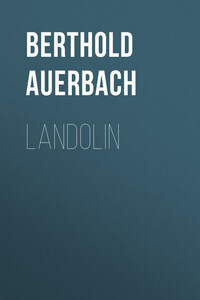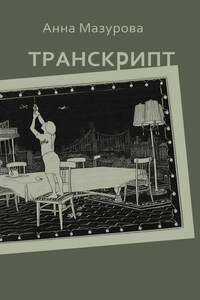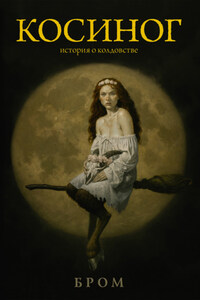Leontopodium Alpinum
"There is a flower known to botanists, one of the same genus with our summer plant called 'Life-Everlasting,' a Gnaphalium like that, which grows on the most inaccessible cliffs of the Tyrolese mountains, where the chamois dare hardly venture, and which the hunter, tempted by its beauty and by his love (for it is immensely valued by the Swiss maidens), climbs the cliffs to gather, and is sometimes found dead at the foot, with the flower in his hand. It is called by botanists the Gnaphalium leontopodium, but by the Swiss Edelweisse, which signifies Noble Purity."
On the sunny slope of a mountain stands a house that is a joy to every eye; for it tells of happy inmates who have won their happiness by long and painful struggle, – who have stood in the valley of the shadow of death, and risen to new life.
The housewife comes to the door. Her face is young and fair, and of a bright complexion, but her hair is white as snow. She smiles to an old woman who is working in the garden, and calls to the children not to be so noisy.
"Come in, Franzl; and you too, children. William is starting on his journey," says the young white-haired mother. The bent old woman, as she approaches, raises a corner of her apron to her eyes, to stop the gathering tears.
Presently the father comes from the house, accompanied by a young fellow with a knapsack on his back. "Bid your mother good by, William," he says. "Be careful so to conduct yourself that you need never fear the eyes of father or mother on your actions. Then, God willing, you shall one day cross this threshold again with a happy heart."
The young woman with the snow-white hair embraces the sturdy boy, and says through her sobs: "I have nothing to add. Your father has said all. Remember and bring home an Edelweiss, if you find any on the Swiss mountains." The traveller sets off amid the shouts of his brothers and sisters.
"Good by, William; good by, good by." They play with the word "good by," and will not let it go.
"Mother," the father calls back, "I am only going with William and Lorenz as far as the cross-roads. Pilgrim will keep on with them to their first sleeping-place. I shall soon be back."
"All right; only do not hurry yourself, and do not take the parting too much to heart. Tell Faller's wife she must come to us at noon, and bring Lizzie with her. It is a great comfort," she continues, turning to the old woman as father and son depart, "that Faller's Lorenz goes abroad with our William."
Our story will tell why the young, white-haired mother asks the little plant Edelweiss of her boy when he is starting for foreign lands. It is a sad, a cruel history, but the sun of love breaks through at last.
"She was an excellent woman."
"Yes, there are few such left."
"She was one of the old school."
"Go to her when you would, her help and counsel were always ready."
"And how much she went through! She buried her husband and four children, yet was always brave and cheerful."
"Ah, Lenz will miss her sorely. He will find out now what a mother he had."
"Nay, he knew that in her lifetime. His devotion to her was unbounded."
"He must be thinking of marrying soon."
"He can choose whom he will. Any house would be glad to receive such a capable, excellent fellow."
"A pretty property he must have too."
"Besides being the only heir of his rich uncle Petrovitsch."
"How beautiful the singing of the Liederkranz was! It thrilled me through and through."
"And how it must have affected Lenz! He has always before sung with them, and his voice was one of the best."
"Did you notice he did not shed a tear while the minister was preaching; but when his friends began to sing, he cried and sobbed as if his heart would break."
"This is the first funeral that has not driven old Petrovitsch out of the town. It would have been shameful in him not to have paid the last honors to his own brother's wife."
So the people talked as they went their several ways through the valley and up the mountains. All were dressed in sober clothes, for they were coming from a funeral. Near the church in the valley, where stand a few thinly scattered houses, the Lion Inn conspicuous among them, the widow of the clock-maker Lenz of the Morgenhalde had been buried. All had a good word for her; and their sad faces showed that each had met with a personal loss in the good woman's death. As every fresh grief reopens the old wounds, the villagers had turned from the newly covered grave to visit those of their own loved ones, and there had prayed and mourned for the departed.
We are in the clock-making district, among those wooded hills that send their streams to the Rhine on one side and the Danube on the other. The inhabitants are by nature quiet and thoughtful. The women far outnumber the men, many of whom are scattered through all parts of the world, engaged in the clock trade. Those who remain at home are pale from their close confinement at work. The women, on the contrary, who labor in the field are bright and rosy, while a pretty air of demureness is imparted to their faces by the broad black ribbons they wear tied under the chin.













